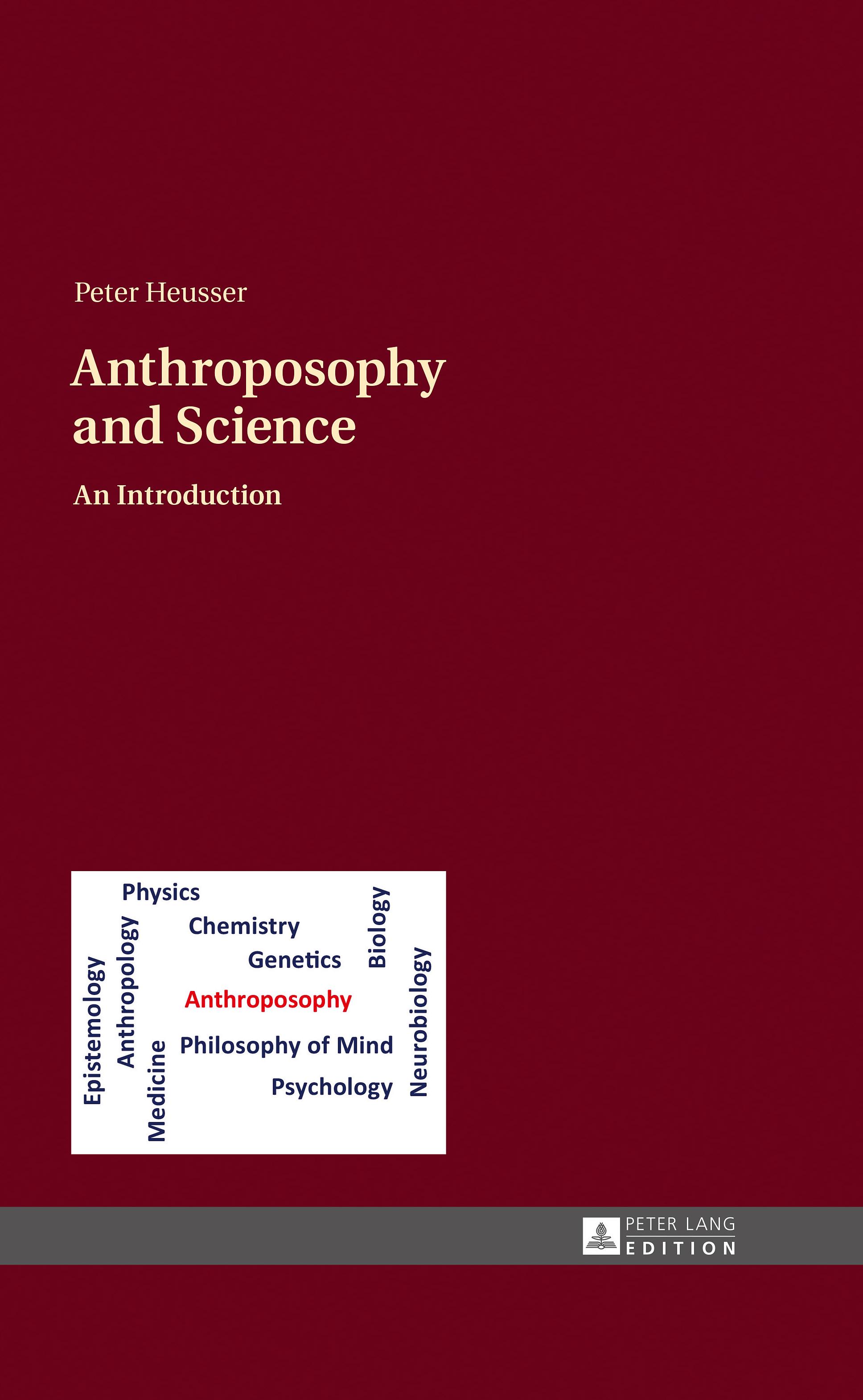Integrative Medicine Research in Finland and Scandinavia
Research project (2018-2020): Health, Knowledge and Expertise
The project analyzes the criticism of biomedicine related to complementary and alternative medicine (CAM) and vaccine-criticism in Finland. We combine sociological and historical perspectives, responding to the social and political need to understand these phenomena and the criticism of biomedical expertise in general as processes that are deeply historical and cultural.
The project is a collaboration of the Department of Social Research, University of Turku, and the Research Centre for Knowledge, Science, Technology and Innovations Studies, Tampere University. It is funded by Emil Aaltonen Foundation.

Täydentävät ja vaihtoehtoiset hoidot: Haaste ja mahdollisuus – tutkimusta, tietoa ja terveyspolitiikkaa (in Finnish)
Ajankohta: 14.1.2020, Helsingin yliopisto, Biomedicum
Järjestäjä: Yhdistävä lääketiede ry, Helsingin, Turun ja Tampereen yliopistot
Lue lisää (ohjelma, esitysten tausta-aineistot ja lyhennelmät, yms.)
University of Tampere Studia generalia
"On the Boundaries of Science, Spirituality and Medicine – Establishment of Complementary and Alternative Medicine (CAM) as a Medical Subfield"
Vieraana apulaisprofessori Jenny-Ann Brodin Danell Uumajan yliopistosta. Aiheena täydentävien ja vaihtoehtoisten hoitojen tutkimuksen kehittyminen lääketieteen erikoisalana. Jenny-Ann on tehnyt laajasti tutkimusta CAM-hoidoista ja erityisesti niiden tutkimustoiminnan kehittymisestä.
Ajankohta: 27.11.2018 klo 14.15-15.45.
Järjestäjä: University of Tampere Institute for Advanced Social Research (IASR) in cooperation with New Social Research Programme (NSR)
Read more
Post-seminar (in Finnish)
Public lecture and discussion "What is Integrative Medicine?"
Time:
27.11.2018 klo 17.00 – 18.30
Place:
Tampereen yliopiston päärakennus, luentosali LS A4.
Organisers: Yhdistävä lääketiede ry.
Read more
Presentations:
Peter Zimmermann: Research in Integrative Medicine (Finnish) (pdf)
Pauliina Arva: Integrative Medicine and Health Care in Finland (Finnish) (pdf)

Research seminar 13.11.2015 at the University of Tampere
read more... (in Finnish)
Essay: The Situation of Complementary and Alternative Medicine / Integrative Medicine in Finland: Genuine Research Is Needed. Zimmermann P, Aarva P, Sorsa M. Complement Med Res 2017;24:317-320 https://doi.org/10.1159/000480675
ABSTRACT: The official acceptance of complementary and alternative medicine (CAM) or integrative medicine in the academic discussion and in health policies in Finland is still poor. This is in contradiction to the fact that modern Finnish citizens use CAM as much as any people elsewhere in the European Union, with rates of 28-46% of the general population, or even more. This was one of the reasons for the foundation of the Finnish Forum for Research in Integrative Medicine and Healthcare (SILF) in November 2014. A first challenge for the SILF was to facilitate a research seminar to address the issue of CAM research as a part of the Finnish academic research. The seminar was organized by the Department of Health Sciences of the University of Tampere on November 13, 2015. Almost one third of the more than 400 participants were health professionals, and again one-third out of this group were physicians. As a result of the seminar, a research network was inaugurated. Obviously there is an increasing interest of health professionals in CAM and maybe even a change of attitude towards CAM also in Finland. However, genuine Finnish CAM research is essential in order to open up the academic discussion.
Use of complementary and alternative medicine in Europe: Health-related and sociodemographic determinants.
Laura M. Kemppainen, Teemu T. Kemppainen, Jutta A. Reippainen, Suvi T. Salmenniemi, Pia H. Vuolanto. Scandinavian Journal of Public Health 2017: 1–8 https://doi.org/10.1177/1403494817733869
...The aim of this research was to study health-related and sociodemographic determinants of the use of different complementary and alternative medicine (CAM) treatments in Europe and differences in CAM use in various European countries. Conclusions: Help-seeking differed according to the health problem, something that should be acknowledged by clinical professionals to ensure safe care. The findings also point towards possible socioeconomic inequalities in health service use.












